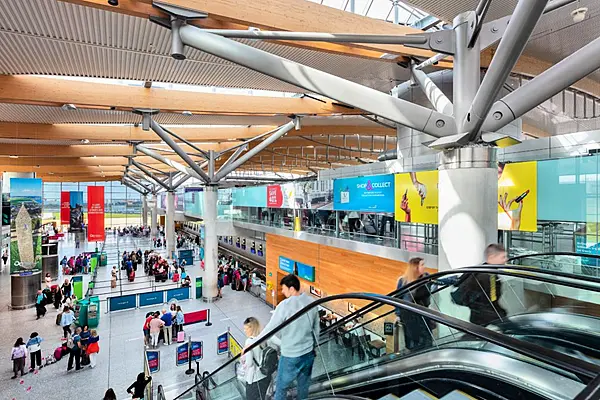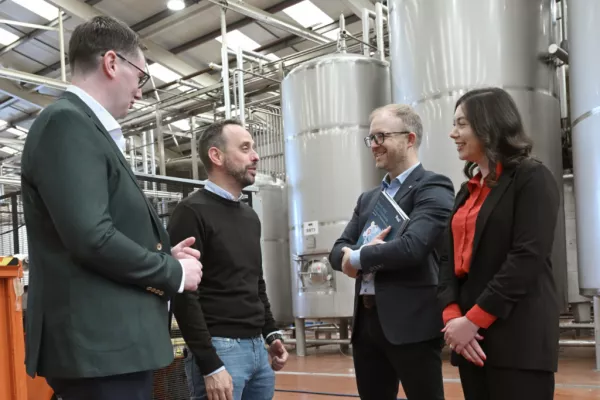Green Tourism provides expert advice and manageable actions for tourism and hospitality businesses to achieve sustainability certification.
Its bespoke software solutions help world-leading brands and public-sector bodies embed sustainability and manage improvements over time.
Scott Maclean has been the managing director of Green Tourism for the past five years. In this interview, he discusses the highlights of 2024 and what he envisions for the coming year.
What have been the key trends in sustainability in the hospitality sector in 2024?
Twenty twenty-four [2024] has marked a record year for businesses pursuing sustainability certification – more than at any point in our 27-year history.
This growth is driven by rising traveller awareness around sustainability and a strong shift from the corporate sector, which is increasingly prioritising sustainable practices in venues chosen for conferences and business stays.
There has also been a notable increase in demand for carbon quantification. Many businesses are keen to understand and quantify their CO2 emissions, exploring accessible data sources and identifying gaps in the information available.
At the same time, there’s a greater interest in aligning these efforts with recognised standards, with a growing awareness of the Greenhouse Gas Protocol Corporate Standard as a benchmark for credible carbon measurement.
What particular initiatives have you seen in the sector this year that have impressed you?
An initiative that has made a significant impact this year is the uptake of destination-focused business support, pioneered by Visit Belfast and documented in a white paper they launched last year.
By openly sharing their successes and learnings, Visit Belfast inspired similar programmes this year in North-East England and the West Midlands. Their model, which offered discounted Green Tourism and Green Meetings memberships citywide, demonstrates how collaborative, destination-led sustainability efforts can drive real change across the sector.
What advice would you give to those in the sector who are starting out on their sustainability journey?
Supporting businesses at the start of their sustainability journey is a key part of our work. To assist businesses, we’ve introduced a new knowledge hub on our website for members, providing sustainability guides, templates, workbooks, and a range of webinars, led by our technical team.
My advice is straightforward: get started, and make full use of the support and resources available. Building sustainable practices is an ongoing journey, and there are many accessible steps to begin with that can make a tangible impact.
How can hotels/restaurants balance sustainability with cost?
There are many cost-saving strategies that hotels and restaurants can adopt, but it’s important to view sustainability with a wider financial lens.
Measures such as investing in building management systems or renewable energy may appear costly initially, but the payback period often reveals significant long-term savings. Additionally, methods to reduce food waste not only lower disposal costs, but also bring down food expenses overall.
Beyond direct cost savings, sustainability also brings notable financial benefits by attracting more business. For corporate clients, being able to demonstrate sustainability best practices backed by certification is becoming essential.
Those hotels that can’t show these credentials risk losing business. Furthermore, leisure travellers are increasingly seeking greener options, with research from Booking.com showing that a significant number of guests actively prefer to book with establishments that can demonstrate green credentials.
What do you envisage for 2025 when it comes to sustainability in the hospitality sector?
As sustainability becomes more prominent for both consumers and corporations, we expect to see a substantial increase in businesses seeking certification in 2025. To meet this demand, support and certification must evolve to be accessible for those just starting out, while also recognising businesses with advanced sustainability practices.
With a number of new initiatives launching in 2025, we’re focused on providing members with guidance and resources that support these varied needs, reinforcing our commitment to sustainability as a defining feature of hospitality.








